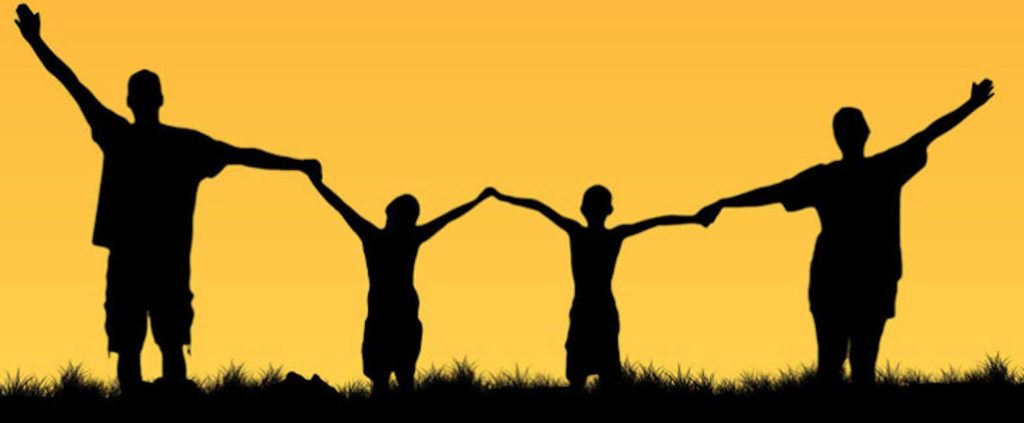
My eldest son, who is in college, was supposed to come home in mid-March for spring break. But by late February, the San Francisco Bay Area had become the epicenter of the coronavirus crisis in the United States. That was when we first heard phrases like “social distancing” and “flattening the curve.”
It was starting to feel that COVID-19 was going to overrun the San Francisco Bay Area. So we told him to cancel his trip. ‘Don’t come home,’ we said.
It felt at first like a smart decision. San Francisco imposed a “shelter in place” order the day he was set to fly home. California followed suit three days later.
But the virus was spreading. Fast.
Eventually it reached Hawaii where my son was studying, where he was living in a dorm, which is one of the most vulnerable places during a pandemic.
After two stressful weeks, we finally were able to make arrangements for him to come home. We followed protocol by having him quarantined his room. But he was home. He was with his family. That was the most important thing.
When I picked him up at the airport, one of the most personally distressing parts of living through this pandemic finally ended. It’s still unclear how this pandemic will continue to unfold and end. But when my eldest son finally joined us in sheltering in place in the house where he and his brother grew up, I felt more at peace. The future is still unclear, but at least we will be facing this crisis together.
This pandemic will be the defining moment of our children’s generation.
It will likely change how they live, how they get educated, how they think about their health and public health, of science, the environment and politics, how they view government and leadership. With millions out of work in the US and the whole world, it will define their jobs and careers — their future.
The pandemic’s impact will, of course, be different to young people in other countries or even other areas of the United States.
But one thing is certain: our children will face a deeply, disturbingly uncertain future.
This is true for Filipinos in the United States and the Philippines, now ruled by leaders who clearly have no clue or care for the welfare of their citizens.
As parents, we have to do more, to give them guidance, to help them navigate a terrible global tragedy.
I’ve found myself reflecting on the jarring events of my childhood, the crises that I had to endure as a child or a young person, and which defined my road to adulthood.
One event stands out. I was 8 when Ferdinand Marcos grabbed power by imposing martial law. It launched one of the most brutal dictatorships in world history.
It was a tragic event that led to the suffering of many. But to be sure, it was not of the magnitude of the crisis we are witnessing today on a global scale.
My father went through something worse as a young man.
He was 18 when the Japanese invaded the Philippines in 1941. He was then a young college student studying to be an engineer in Manila. Suddenly, his world crumbled. A war upended his studies and his plans.
I wonder now if my grandfather reacted the way I did with my son when a calamitous event struck at a time when one of his sons was away from home. Did he and my grandmother scramble for a way to tell my father to come home, to make sure he was safe?
Eventually, they found out that he was.
My father had rushed back to Naga to be with his family, to face the horrors of the Japanese occupation in his home province with his parents and his siblings.
I remembered this when I went to the airport to welcome my son home. The future is unclear, but at least we are facing it together.
Visit the Kuwento page on Facebook.

